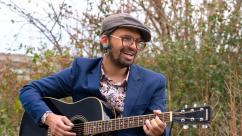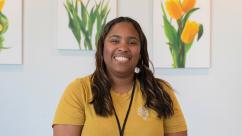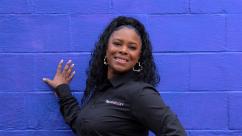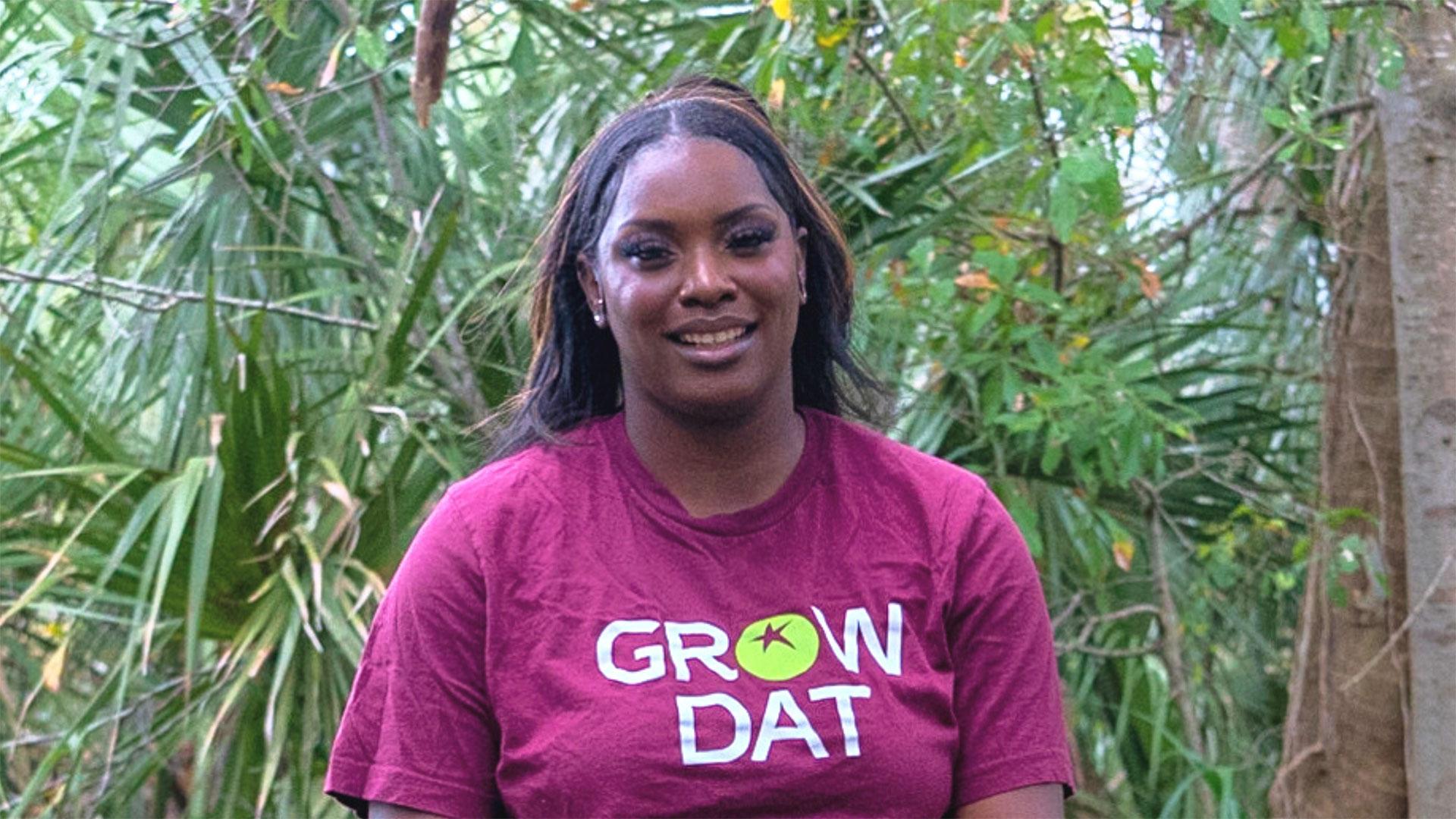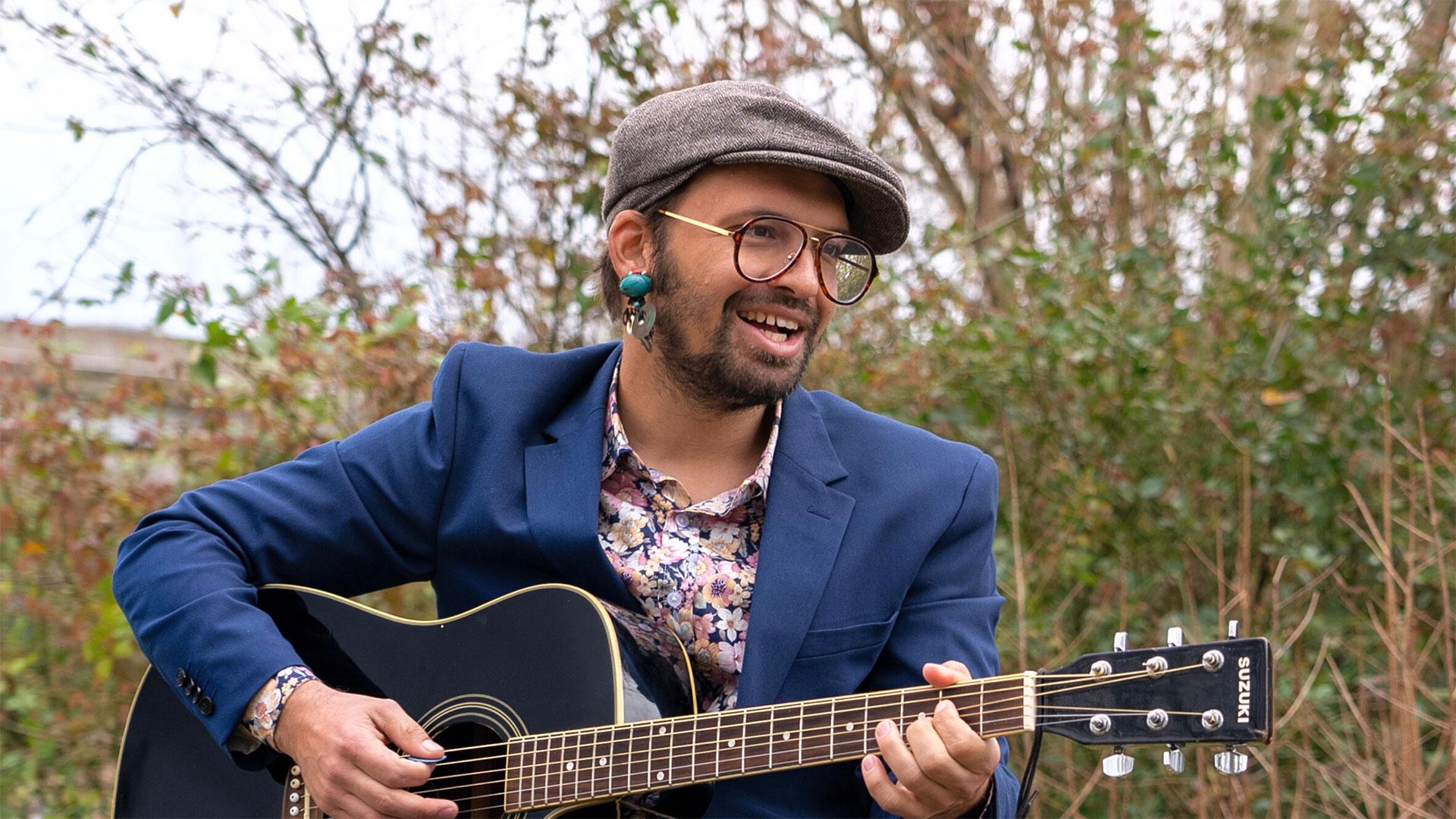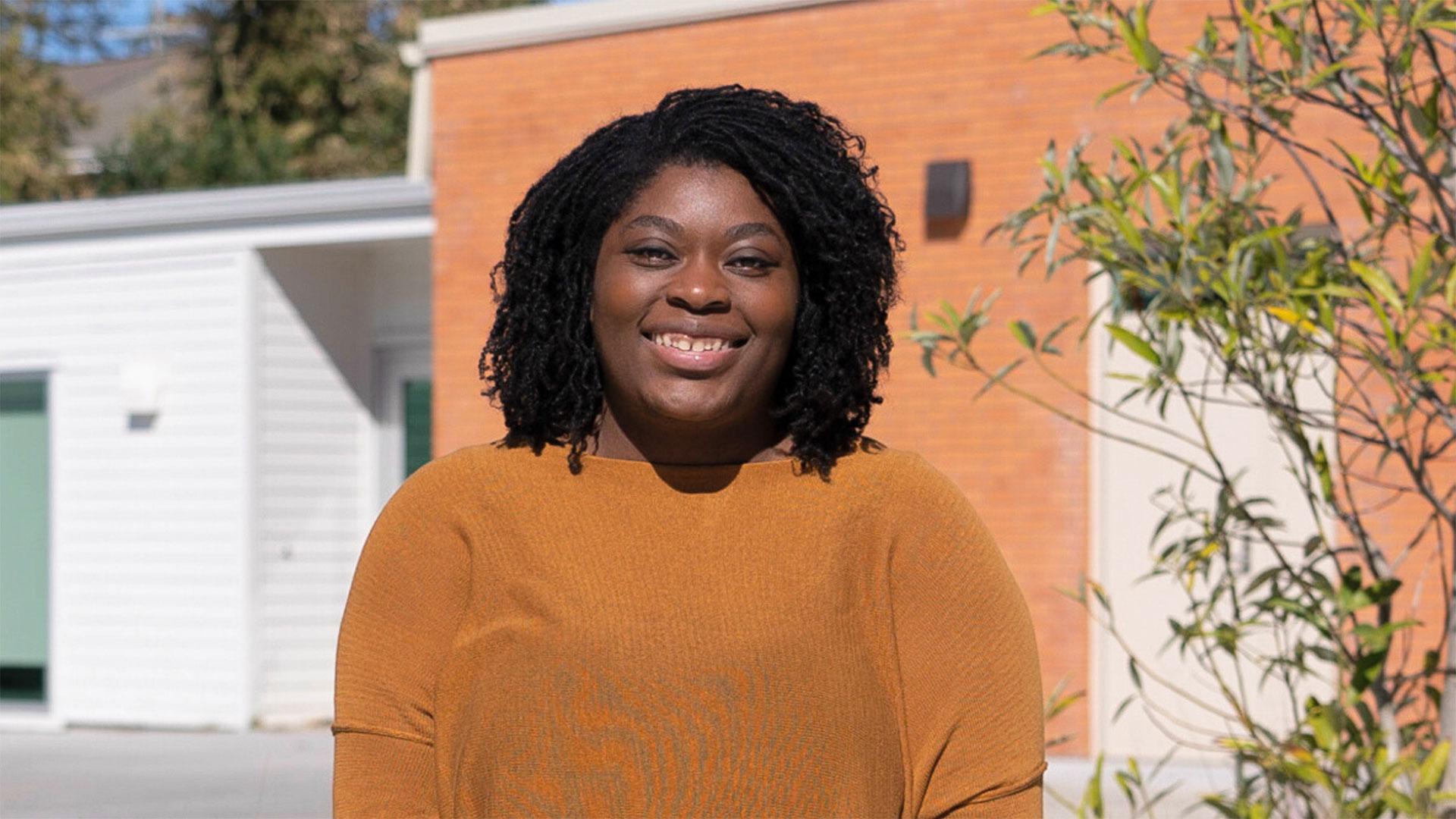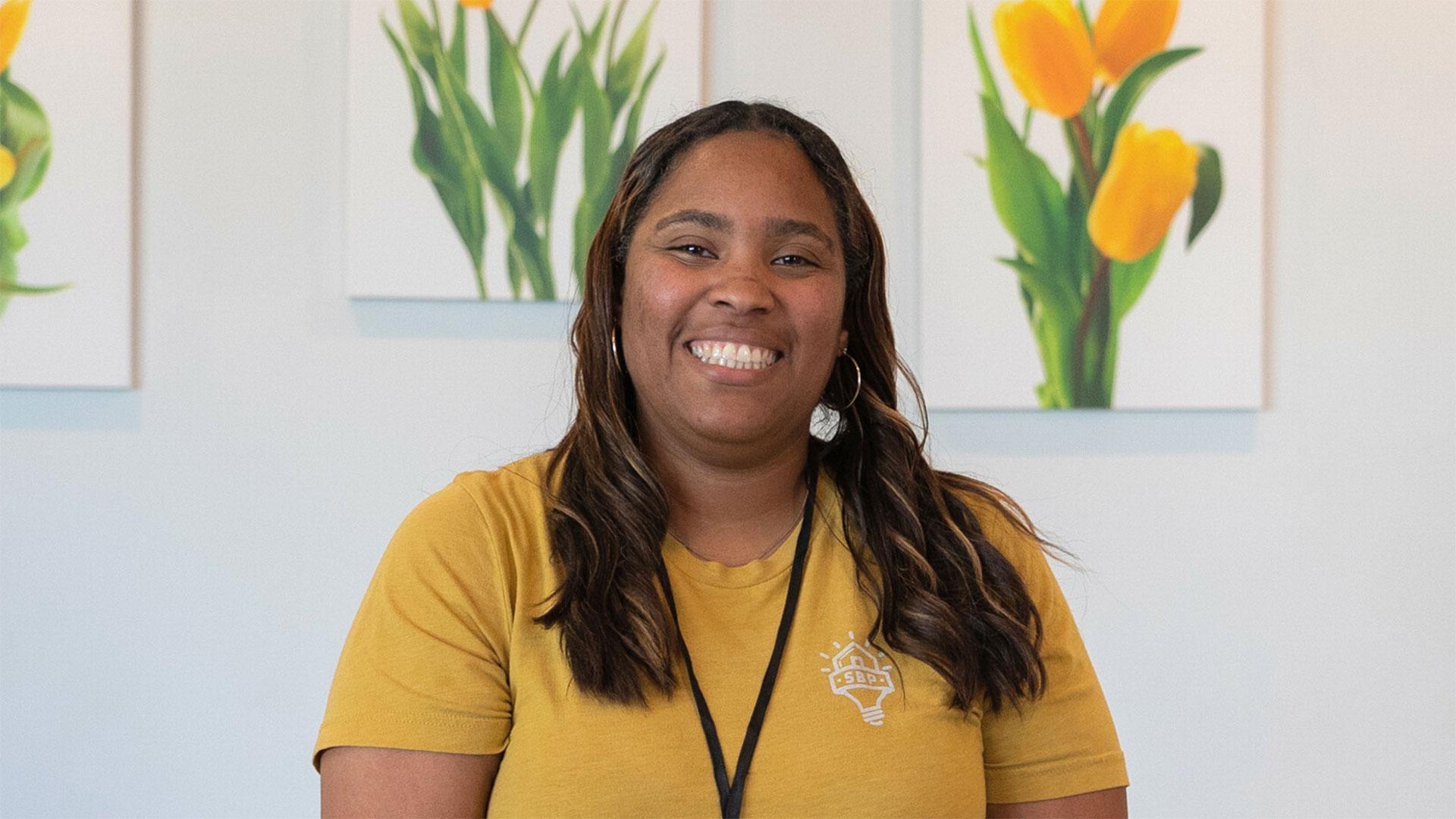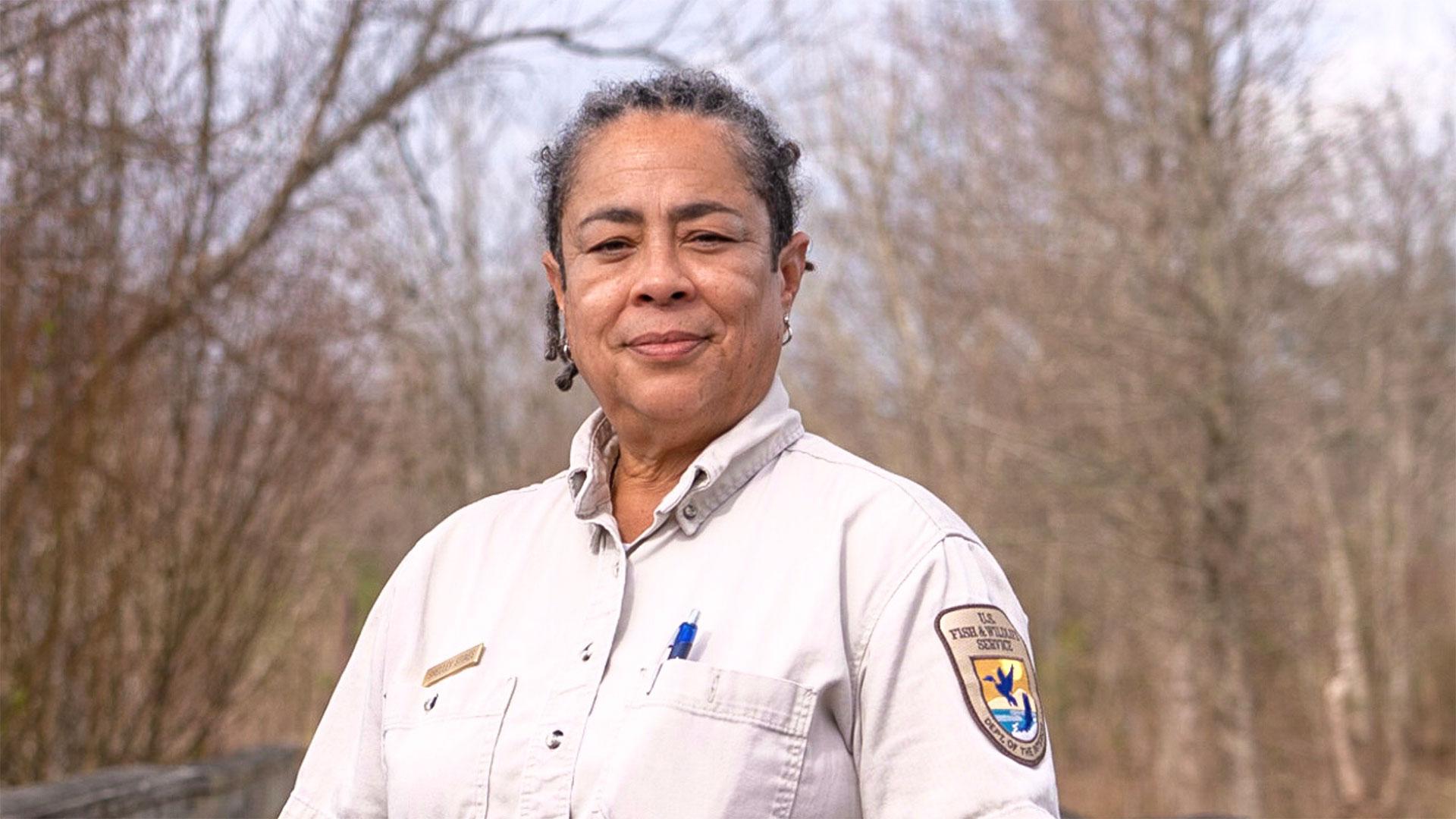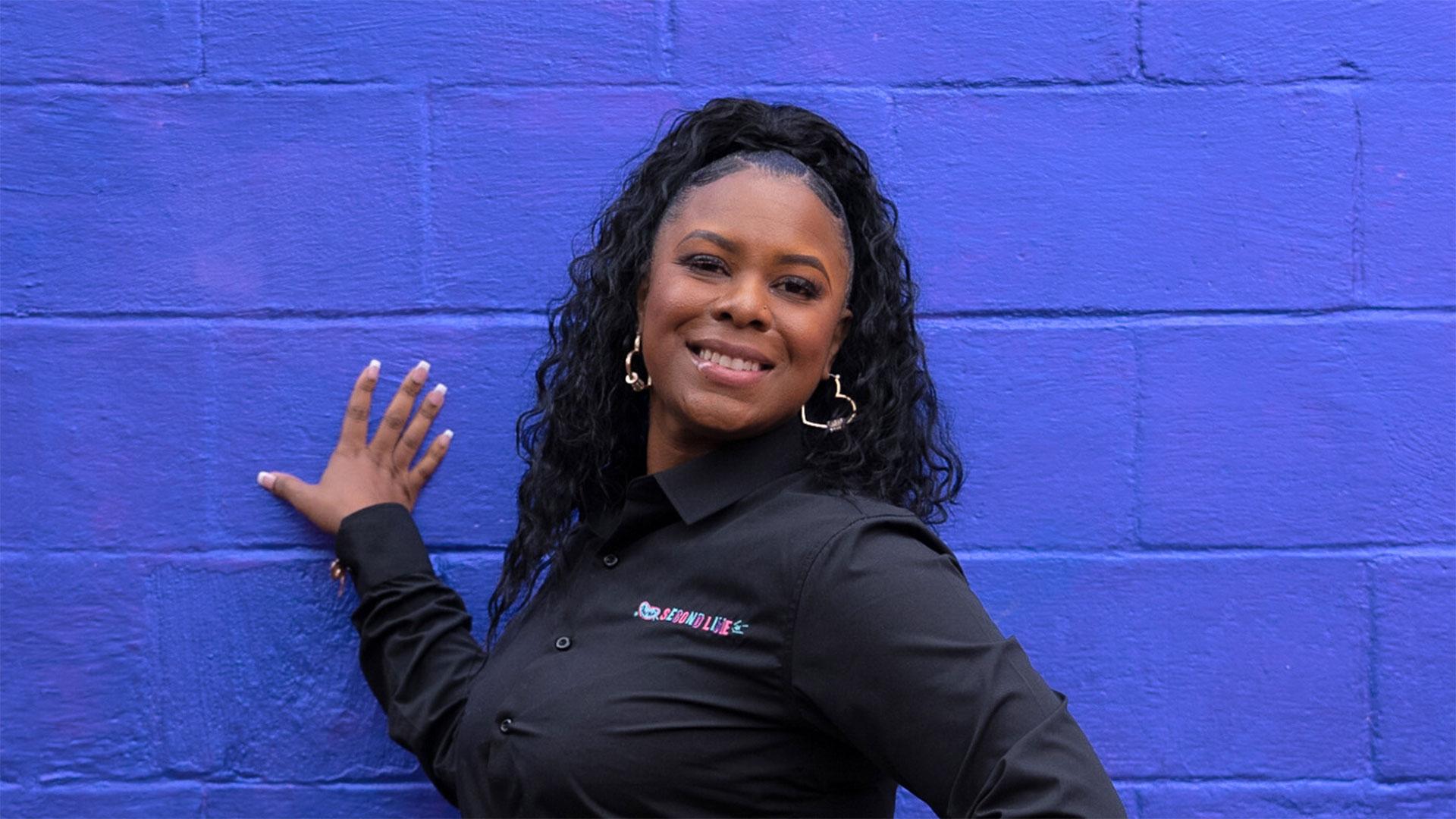Willie Jones III: The Future Is Full of Possibilities
In this Episode
Willie Jones III’s Story
New Orleans and surrounding regions experienced extreme devastation from Hurricane Katrina, both in terms of lives lost and the lasting impacts of the costliest hurricane to ever hit the United States. Katrina was supercharged by climate change and demonstrated the failure of systems to respond equitably—some were rescued, and some were not. Willie Jones III has seen these after-effects firsthand. Through Willie's work as a Green Infrastructure Technician with Groundwork New Orleans, he sees a tangible difference in providing essential services in stormwater management, access to renewable energy, and climate adaptation solutions, making New Orleans more resilient to climate impacts.
Discussion Questions
One of the most important things you can do regarding climate change is talk about it.
- Every aspect of Black culture is important. When Willie's nephew failed a Black History test at school, Willie took it upon himself to teach him about the history from the transatlantic slave trade to Black Lives Matter, with the message that you must know your roots and the culture you come from. How might we embrace moments of failure to turn them into learning opportunities? Do you know the history of your culture? What areas would you like to learn more about, and are there people in your family or community who can help bridge that knowledge gap?
- Willie shares Groundwork New Orleans’ work to increase climate preparedness and disaster recovery by providing solar energy to people who have lost power in extreme storms like hurricanes or tornadoes. Mobile trailers powered by solar are set up at community centers to power essential energy needs, like medication refrigeration and cell phone charging as well as food and water distribution. Beyond disaster recovery, Groundwork proactively addresses inequities by delivering educational programming to community members to learn self-sufficiency skills, like building solar panels. What are self-sufficiency skills that you would like to learn? How might those skills help you be more prepared in a new climate?
- New Orleans is below sea level, and as a result, experiences continual flooding. To address this, Willie is implementing green infrastructure projects that boost stormwater management and flood mitigation techniques by installing native plantings and bioswales to absorb large quantities of water and filter out pollutants. Through these projects, Groundwork is helping to reduce flooding for communities while also creating climate-resilient and safe gathering places for people to enjoy. What everyday activities do you engage in that depend on energy use? How might renewable energy sources like solar help you or your family during a power outage?
- Willie was born and raised in New Orleans East, a part of the city now experiencing gentrification since Hurricane Katrina. Properties once owned by Black and Native people have become unaffordable, displacing multigenerational residents to make way for wealthier communities who can afford higher property taxes. Willie says, "If climate change continues…environmental racism will become everyone's problem…and I want to stop us from getting there….I recognize that the decisions that we make are all consequences of the past; I recognize the context on the poorest regions of the city are poor and have low property values due to redlining. The past has already been done, you can't change the past, but the future is filled with tons and tons of possibilities." He says at this moment, we have a choice to pause and be fearful or to see the possibilities of radical freedom that we can put into action with our own hands." What solutions to climate change alleviate the environmental racism that Willie is referring to? What can you do to help address climate change in your life and community? How can you make meaningful changes, big or small?
Learn More
Learn about the solutions in this story.
- Solution Sector: Electricity
- Solution: Distributed Solar Photovoltaics
- For more on all of Project Drawdown’s climate solutions, visit drawdown.org/solutions
- Learn more about Willie’s work at Groundwork New Orleans
Explore Climate Solutions 101, the world's first major educational effort focused solely on climate solutions. This video series combines Project Drawdown’s trusted resources with the expertise of inspiring, scientifically knowledgeable voices from around the world: drawdown.org/climate-solutions-101.
Visit the Yale Program on Climate Change Communication, a resource that shares research, communications strategy and opinion polling on climate communications.
Take Action
- Drawdown Ecochallenge, presented by Ecochallenge.org, is a fun and social way to take measurable action on the top climate solutions. Take the challenge, and see how a few weeks of action add up to a lifetime of change for you and the planet. If you want to take action on climate solutions like Tinice, start a challenge today.
- The Drawdown Labs Job Function Action Guides are practical resources that highlight specific, high-impact climate actions employees in common corporate professions can take at work.
- ChangeX connects people with proven ideas for strengthening communities with the resources needed to implement those changes. Explore countless ways to improve your community and help the world reach drawdown.
- Climate Generation's Green Careers for a Changing Climate Instructional Supplement (for Grades 6-8) contains resources to help young people learn about Green STEM Careers—paths that use STEM skills to help reduce the impacts of climate change. Throughout this instructional supplement, students use Project Drawdown resources to make important connections between climate solutions and different careers.
- Solutions Journalism Network highlights the importance of reporting stories of climate solutions in the media to create a more equitable and sustainable world. Visit their Teaching Climate Solutions resource to find curated collections and the latest examples of climate solutions journalism.
- SubjectToClimate (StC) is a nonprofit online connector for K-12 leaders of all subjects to find materials on climate change at no cost. Explore StC’s educator-generated database to connect to Project Drawdown-based climate education resources.
Sign up to receive updates, provide ideas, and tell us how you might share Drawdown’s Neighborhood in your community.

